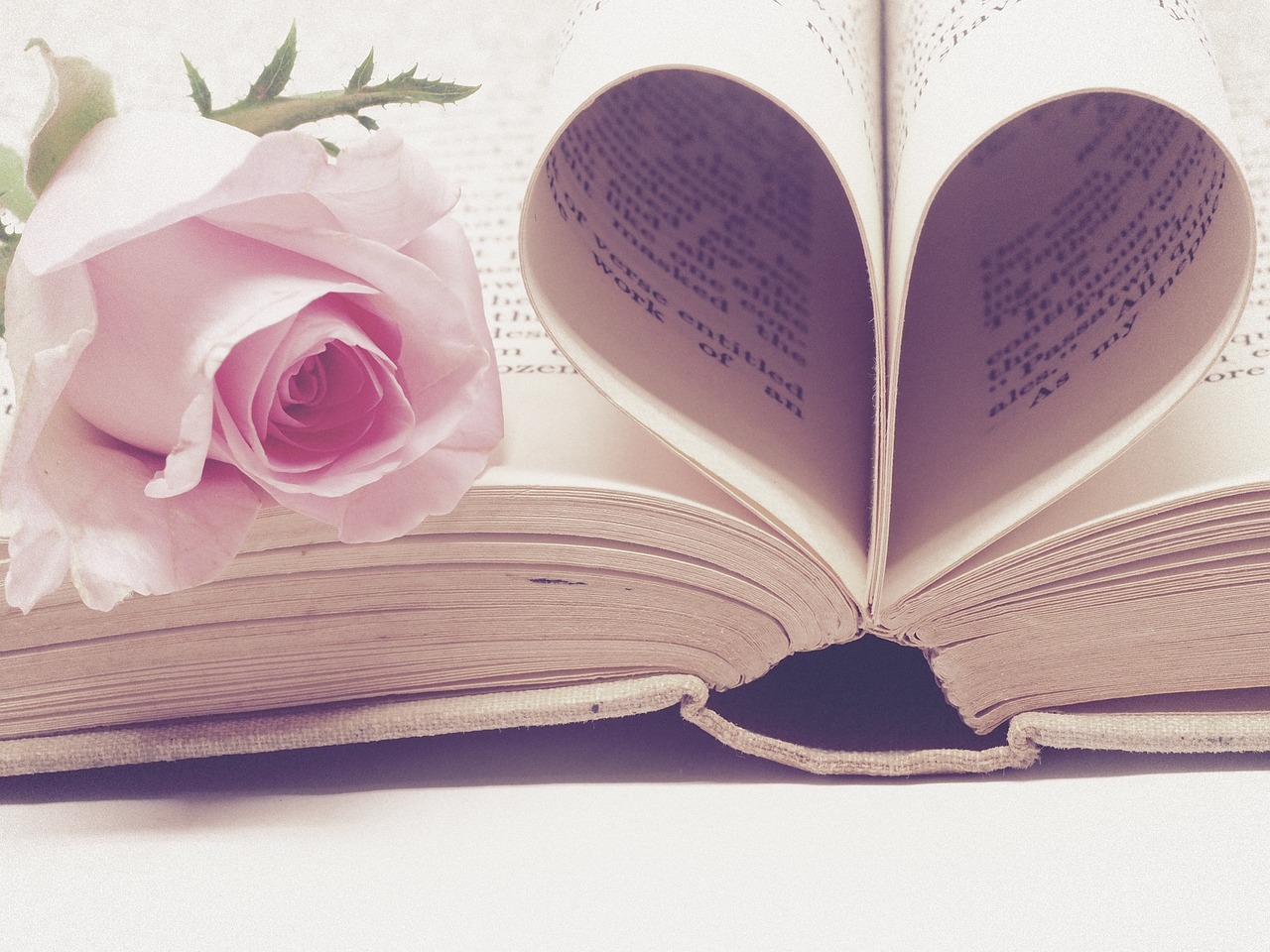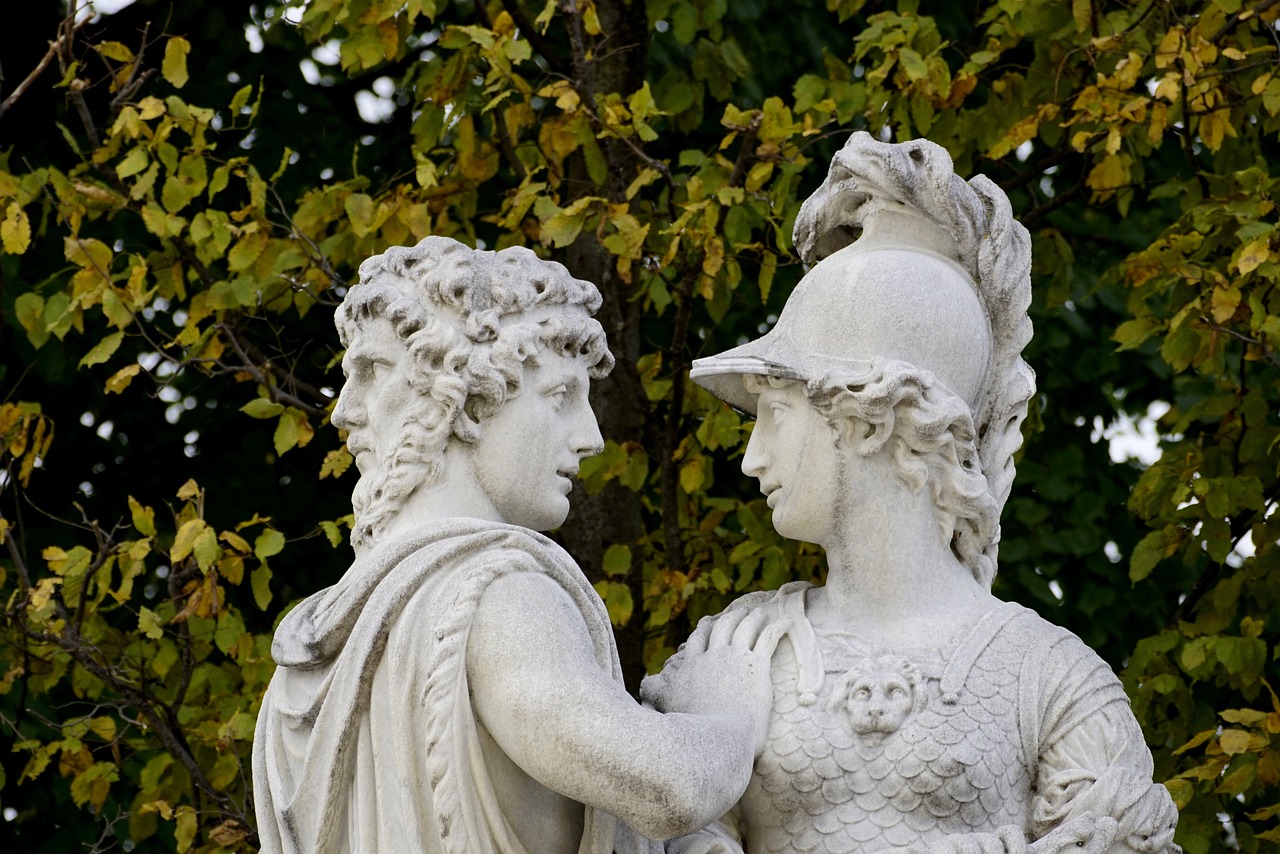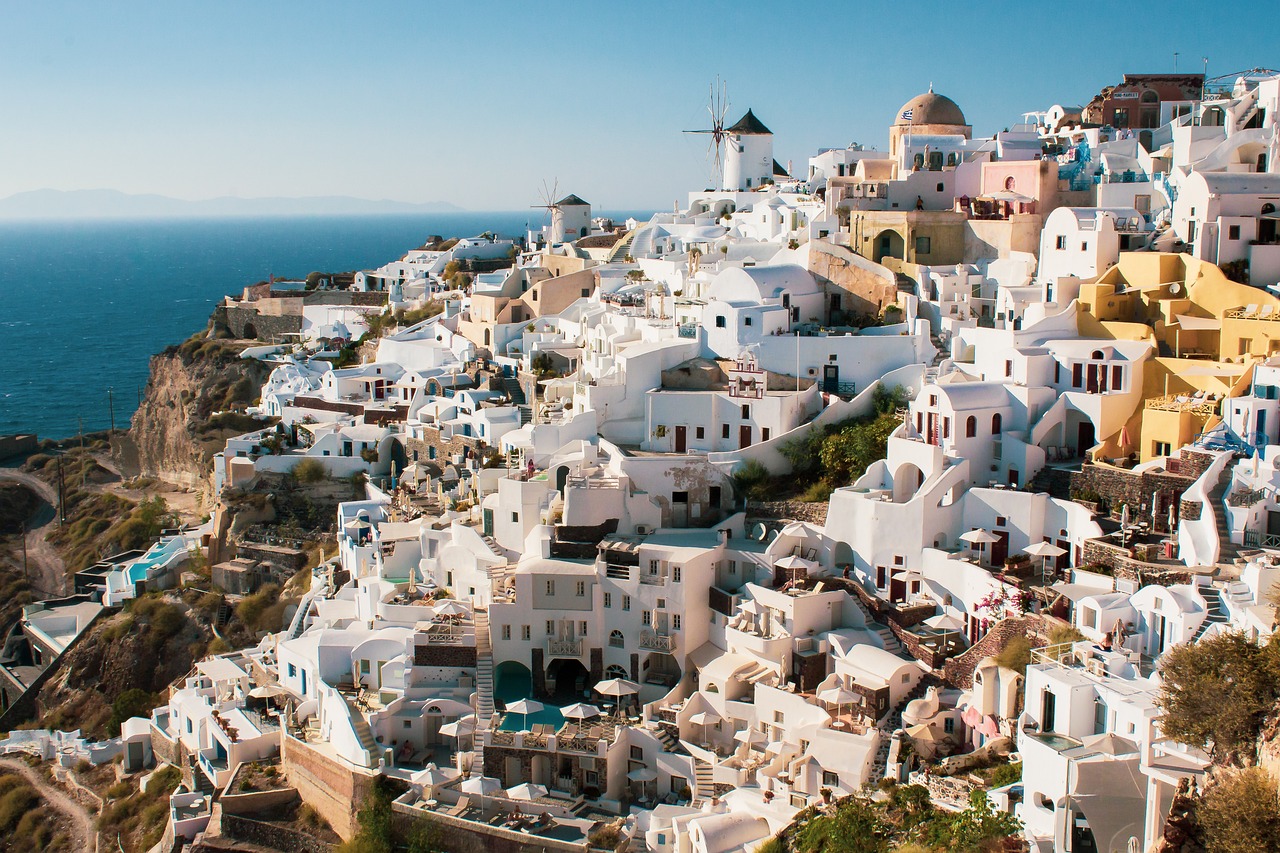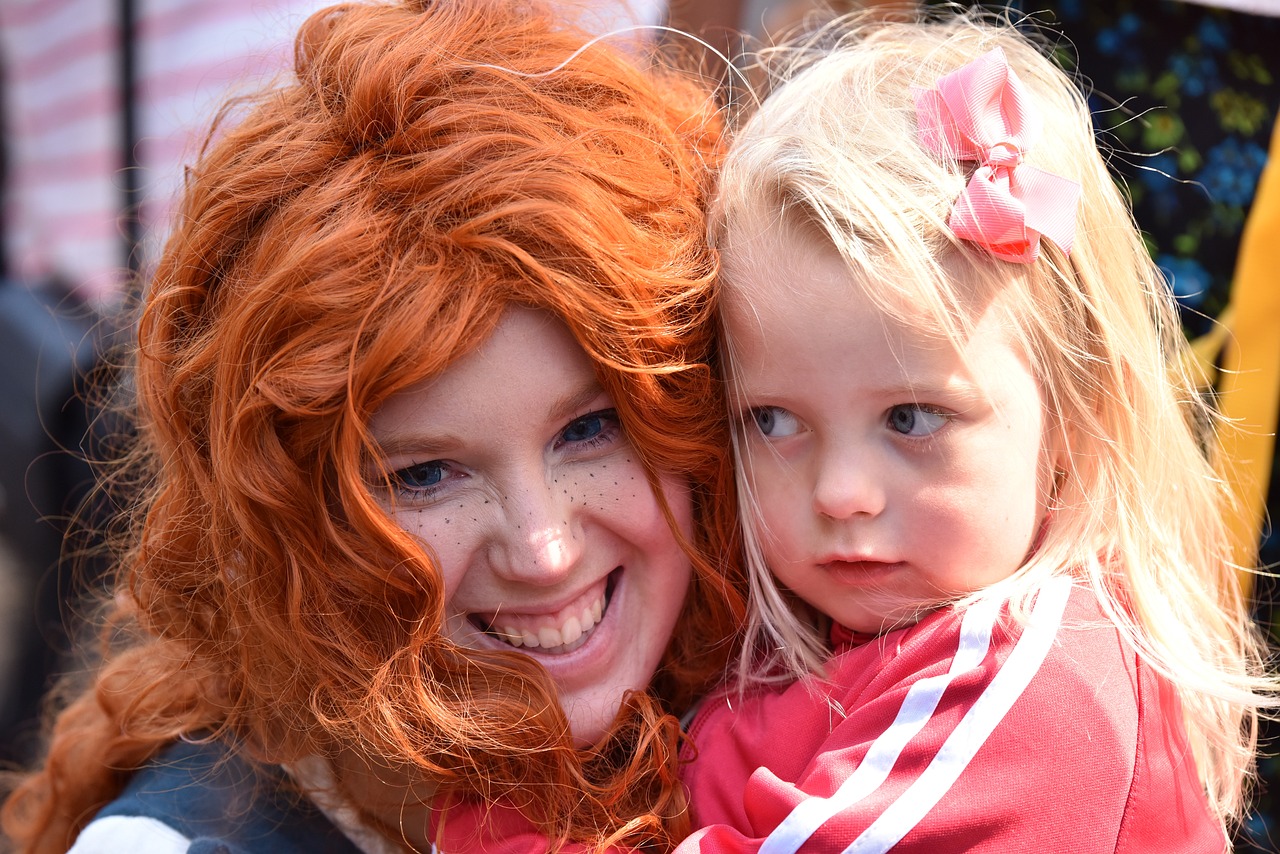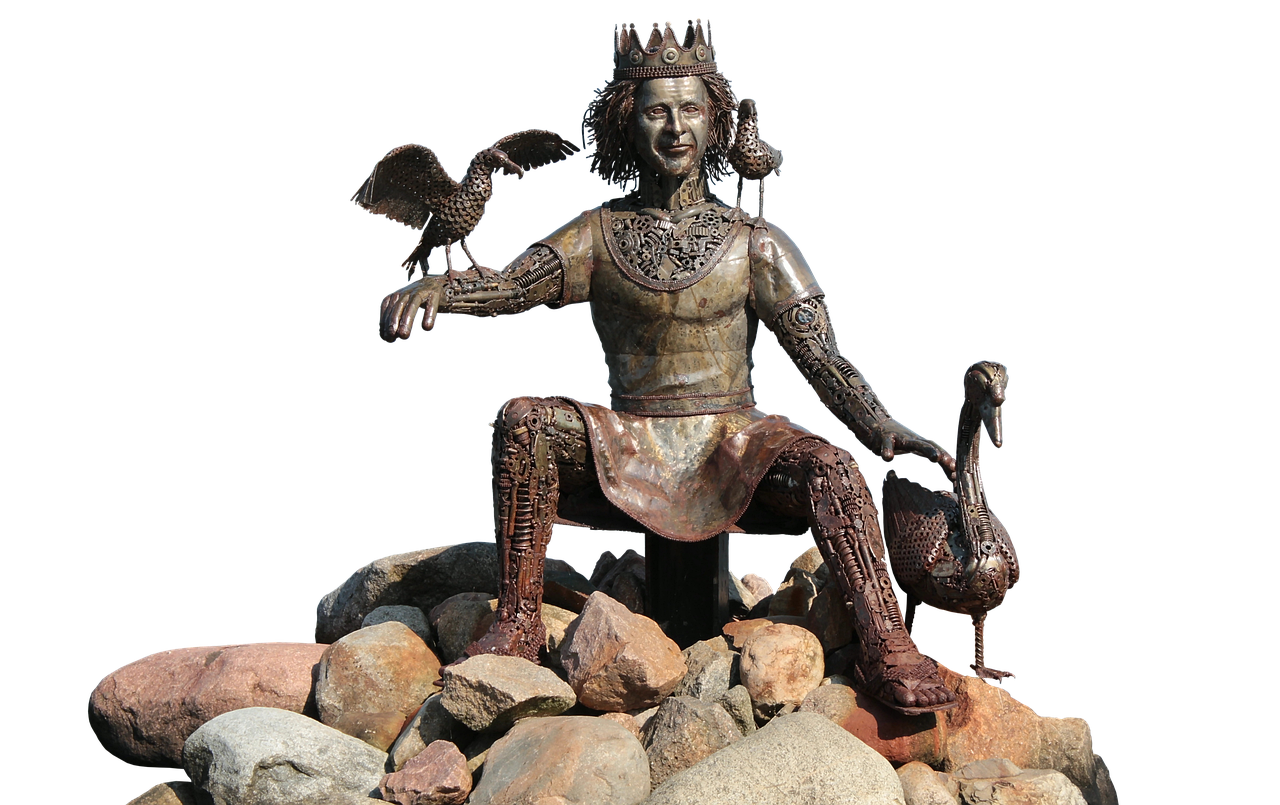Tag: love
-
On a serene summer night filled with the fragrances of heather and honeysuckle, Aengus, the son of Dagda, stirred from his sleep to find a mesmerizing young woman approaching him. Captivated by her beauty and grace, he attempted to speak but she vanished without a trace. Aengus remained in his bed throughout the night, his…
-
As Valentine’s Day approaches, it is fitting to delve into the figure many connect with love—Cupid! This character holds a significant place in both Greek and Roman mythology. In Greek traditions, he is referred to as Eros, standing not only for romantic love but also for the physical acts associated with it. The Romans, on…
-
Overview Aengus, known as the Young One, is recognized in Irish mythology as the deity of love and poetry. Renowned for his creativity and cunning nature, he inherited charm and wit from his father, the Dagda, and played a significant role as one of the leading bards among the Tuatha Dé Danann, a revered tribe…
-
Aphrodite: The Olympian Goddess of Love and Beauty Aphrodite, the revered Olympian deity, embodies love, beauty, pleasure, and procreation. Often illustrated as an exquisite woman alongside Eros, the winged god of love, her symbols include a dove, an apple, a scallop shell, and a mirror. Classical artworks, such as sculptures and frescoes, typically portray her…
-
Eros: The God of Love in Greek Mythology Eros is famously recognized as the playful deity of love, often seen as a loyal accomplice to the goddess Aphrodite. Hesiod, one of the earliest poets, paints Eros as a primordial entity who was born at the dawn of existence, ushering in procreation. He, along with Himeros…
-
Eros, the mischievous deity of love, held a significant role in Greek mythology as the persistent companion of the goddess Aphrodite. His character can be traced back to the poet Hesiod, who initially portrayed Eros as a primordial being that emerged self-created at time’s dawn to incite procreation. Hesiod later depicted him, alongside Himeros (Desire),…
-
The narrative of Medea, masterfully crafted by Euripides, unveils the dark complexities embedded within human relationships, particularly within the familial sphere. The societal issues reflected in the story resonate profoundly with contemporary situations. Medea embodies the profound suffering that transforms her into a figure consumed by her anguish. Through the lens of gender roles, matrimony,…
-
Eros, in Greek mythology, epitomizes the god of love, emphasizing passionate and physical desire. This deity strikes unexpectedly at the hearts of individuals, eliciting chaotic emotions and profound feelings. As Hesiod notably described, Eros has the power to “loosen the limbs and weaken the mind.” In artistic representations, Eros is frequently depicted as a carefree…
-
Aphrodite, the Olympian goddess of love and beauty, represents the essence of attraction and desire. Often depicted as a stunning woman in classical art, she is frequently accompanied by Eros, the winged deity of love. Key symbols associated with her include the dove, an apple, a scalloped shell, and a mirror, with many works of…
-
The tale of Orpheus and Eurydice serves as a poignant reminder of love’s fragility and the inevitability of death, a theme highlighted in an intriguing myth regarding ancient Roman generals, who were reportedly reminded of mortality with the phrase “Memento Mori.” While the knowledge of our mortality is universally acknowledged, coming to terms with it…

